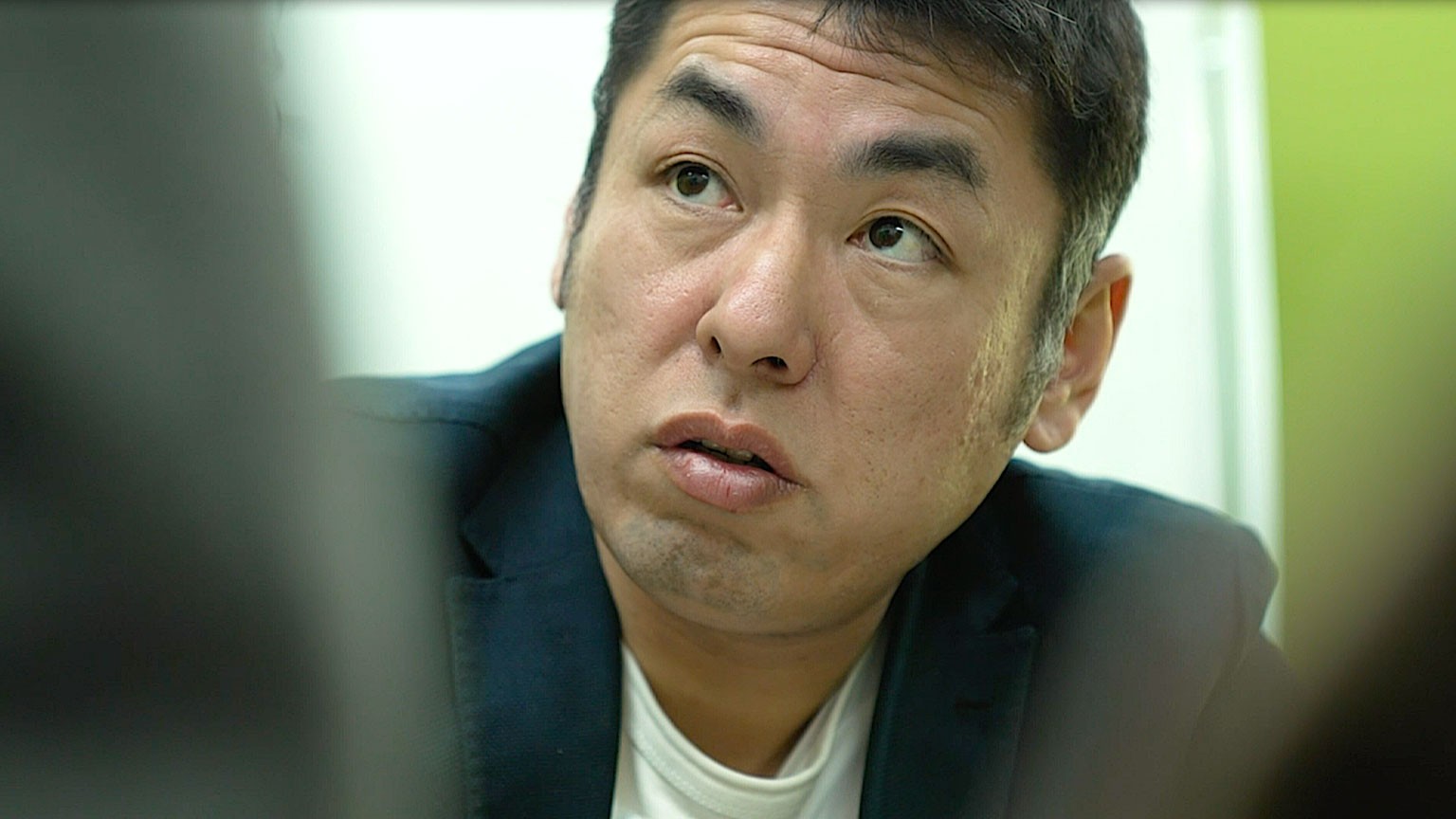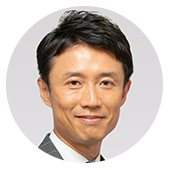A Japanese man in his 50s was extradited this month and arrested by Japanese police on charges of stealing a cash card. He is believed to belong to a crime group known as JP Dragon.
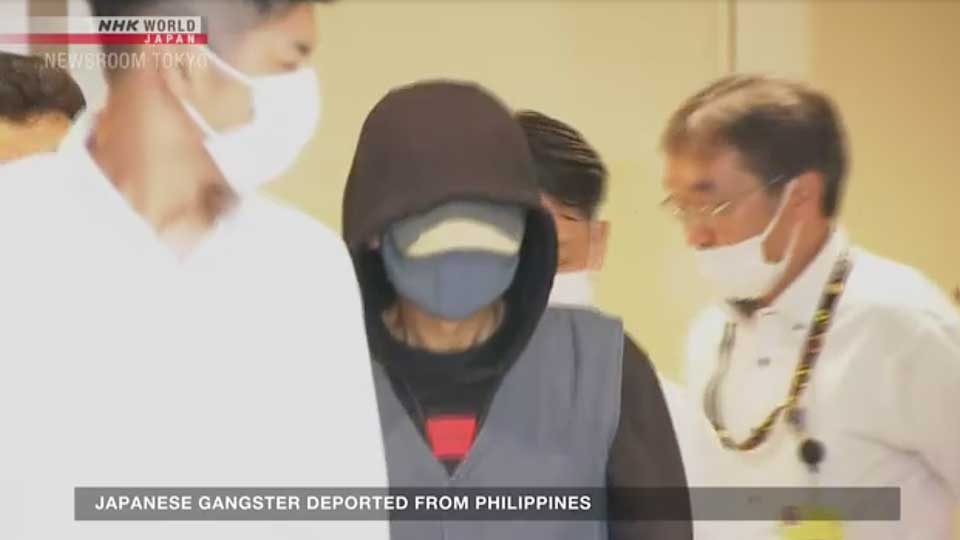
It is understood that JP Dragon has been involved in cockfight betting in the Philippines for more than 20 years. It was established by former yakuza members from Japan.
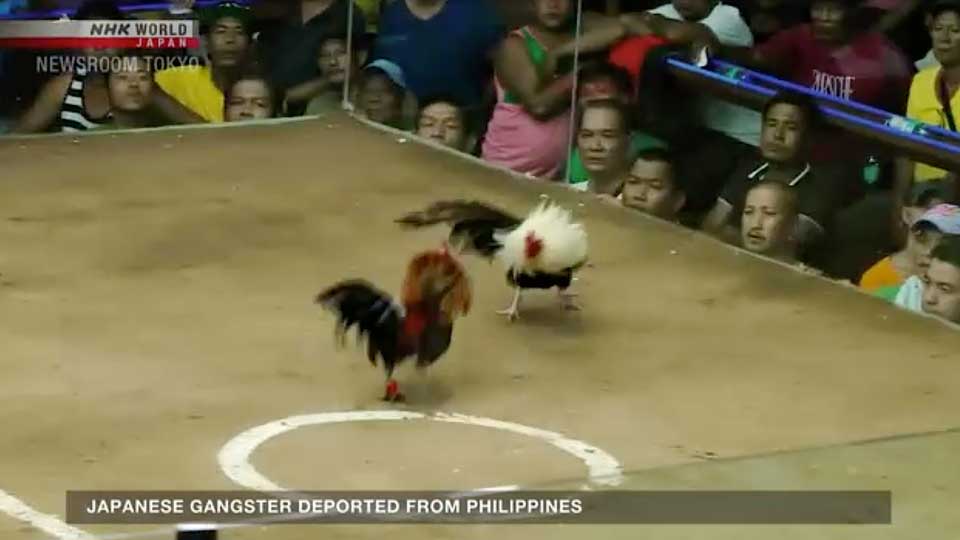
The organization is linked to a band of fraudsters known as the Luffy Group, suspected to be behind a series of violent robberies across Japan.
In one case that took place in Tokyo's Komae City in January last year, assailants robbed and murdered a 90-year-old woman inside her home. Four senior members of the Luffy Group were deported from the Philippines and arrested and charged in Japan over the crime.
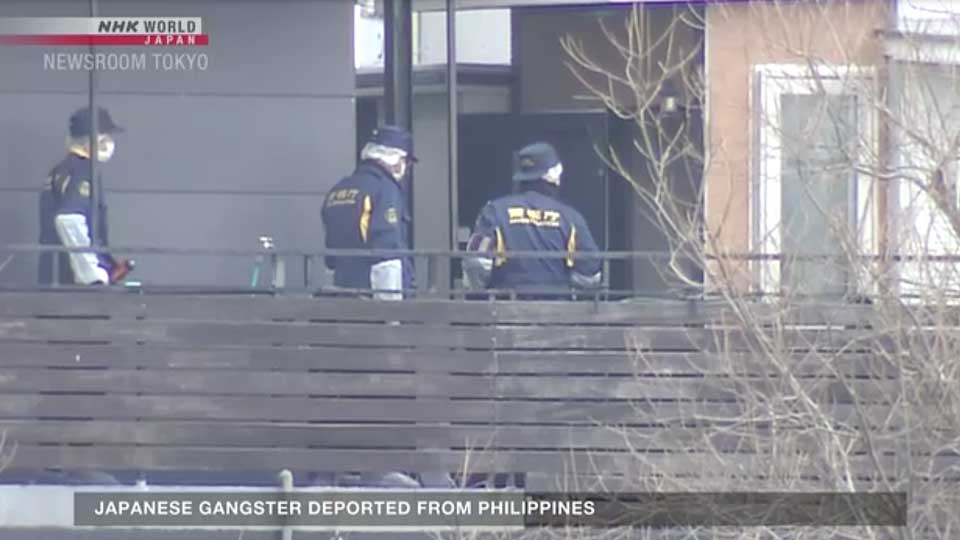
NHK has obtained video from sources close to the matter that appears to show a crime base in the Philippines where people were conducting phone scams.
Sources say the video show members of the Luffy Group and JP Dragon working together. In the video, a member of the Luffy Group appears to make a fraudulent phone call to a Japanese household, pretending to be a police officer.
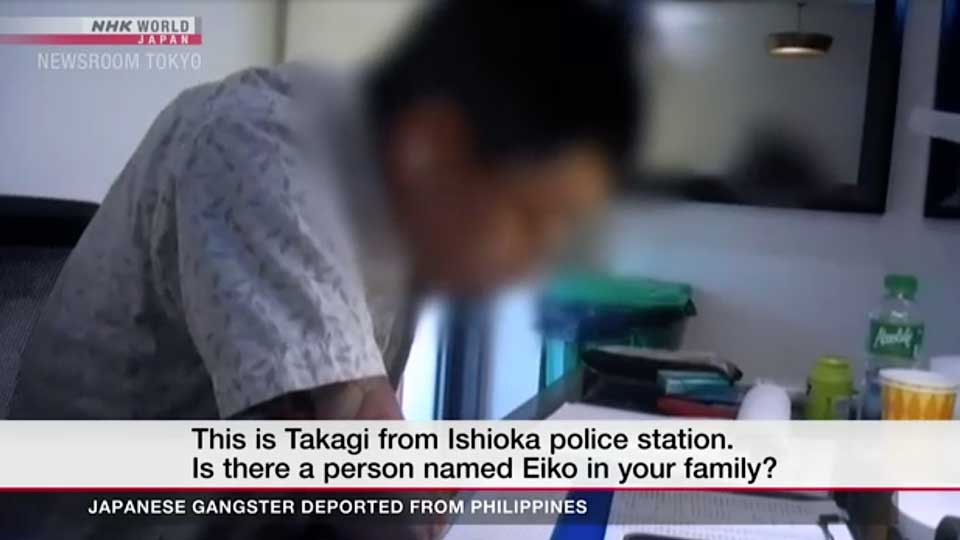
Interview with a former yakuza member
To understand what's happening in the Japanese underworld, NHK interviewed Morohashi Yoshitomo, a well-connected source who was once a yakuza member himself. He quit and became a lawyer. Now he helps others hoping to escape the clutches of the crime syndicates.
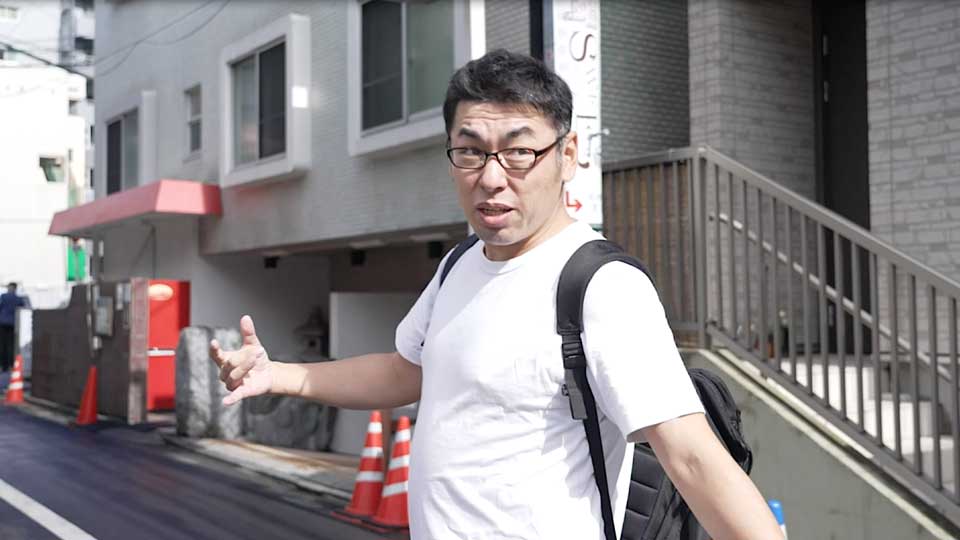
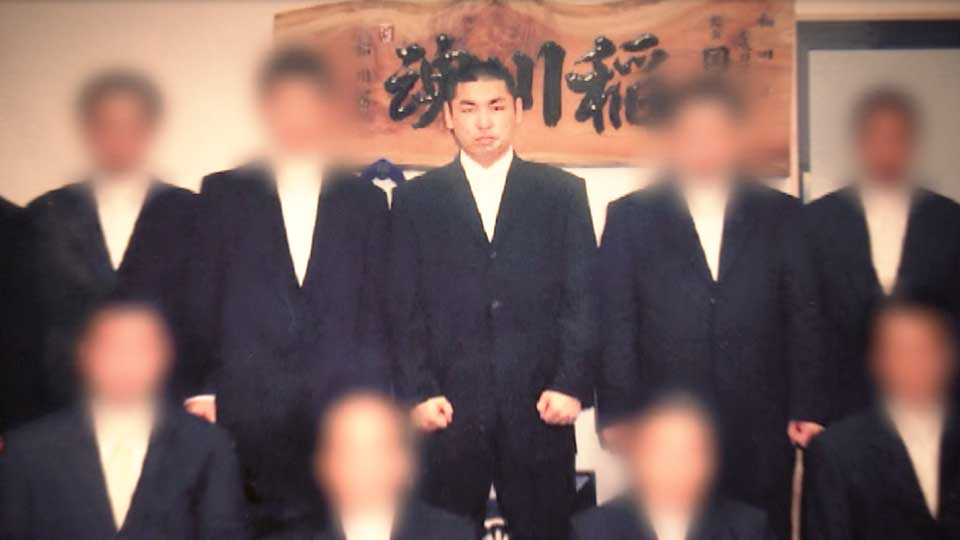
Q: What kind of organization is JP Dragon?
Morohashi: JP Dragon originally functioned as a sort of coordinator in the Philippines, handling illegal leisure activities for Japanese visitors, like drugs and prostitution. But the group seems to have changed considerably into a criminal operation after it became involved in fraud, including phone scams.
The fraud groups originally worked in Japan. But because the Japanese police are excellent at tracking them down, they shifted to overseas bases and make the calls from there.
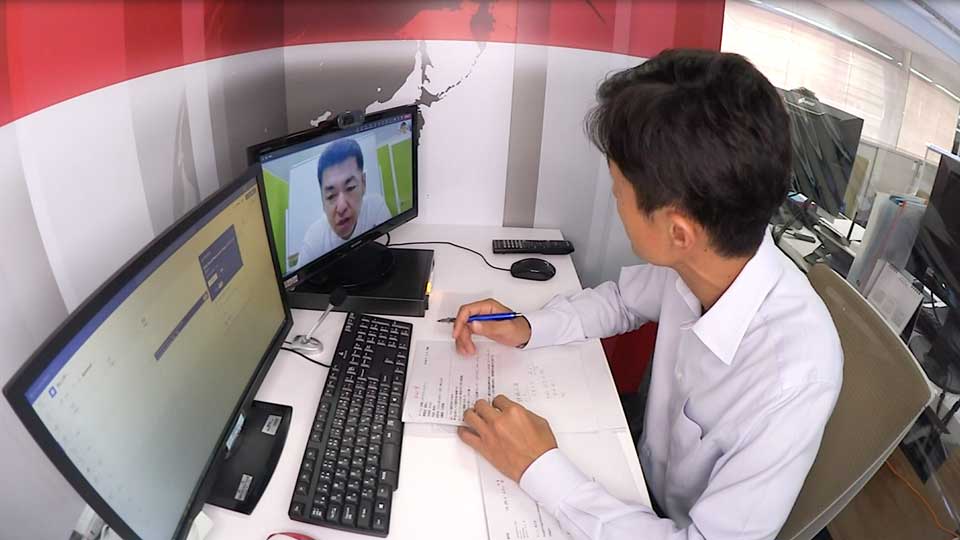
Q: How did JP Dragon get involved in fraud?
Morohashi: I heard the JP Dragon side provided a safe haven in the Philippines, away from investigators, and a fraud group made use of them. Another thing I often hear is the group has contacts with local law enforcement. They have connections. For example, when there's a problem, they may bribe public institutions like the police, and they're good at solving problems.
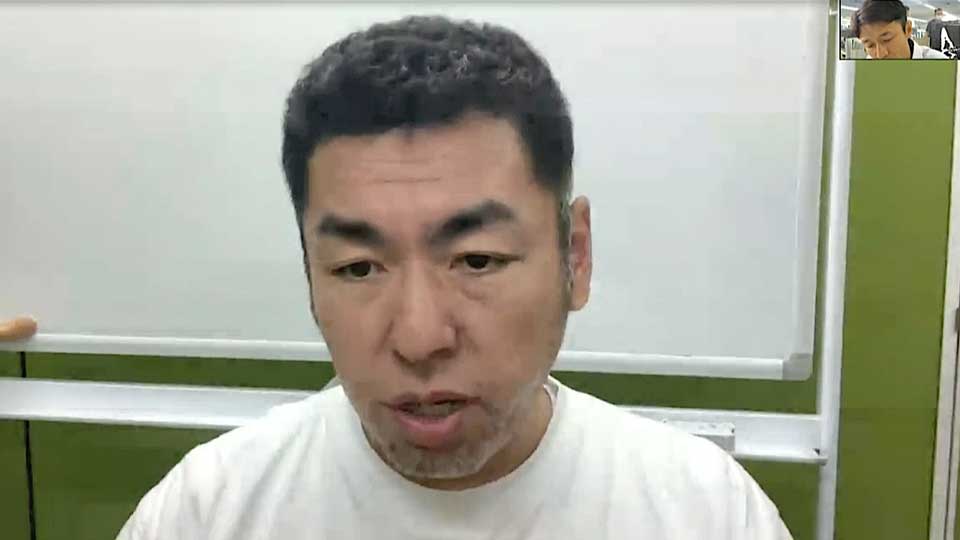
Q: Where do you get this information?
Morohashi: As a lawyer, I receive requests from my clients. I have a chance to talk with members of organized crime and fraud groups. I hear many stories from the underground.
Q: Tell us about changes in the world of the Japanese yakuza...
Morohashi: The yakuza used to be active, and earned revenue from, within the community. For example, they may have operated a nightlife business, or run protection for local stores, or had their own restaurants. They were present in society as a group that ordinary citizens were a little scared about.
But a concerted effort by police and residents to eradicate organized crime groups over the past 30 years has had a significant impact. As their activities have been increasingly restricted, and they've been further excluded from the community, the yakuza have begun to withdraw from society. In other words, some moved from activities that were in a gray zone to completely illegal economic areas.
Q: And what has been the result of this change?
Morohashi: In the past 15 to 20 years, bank transfer frauds and phone frauds have become common. The crimes have also become more heinous. The yakuza have their own code of rules they call 'suji.' They may be bad guys, but in the past they tried not to get into things like stealing, swindling people or using drugs.
However, they've started turning to activities that deviate from suji. In particular, young members in their 20s and 30s are not very bound by old customs. It's rumored that these generations are advancing into phone fraud, and I'm seeing that myself.
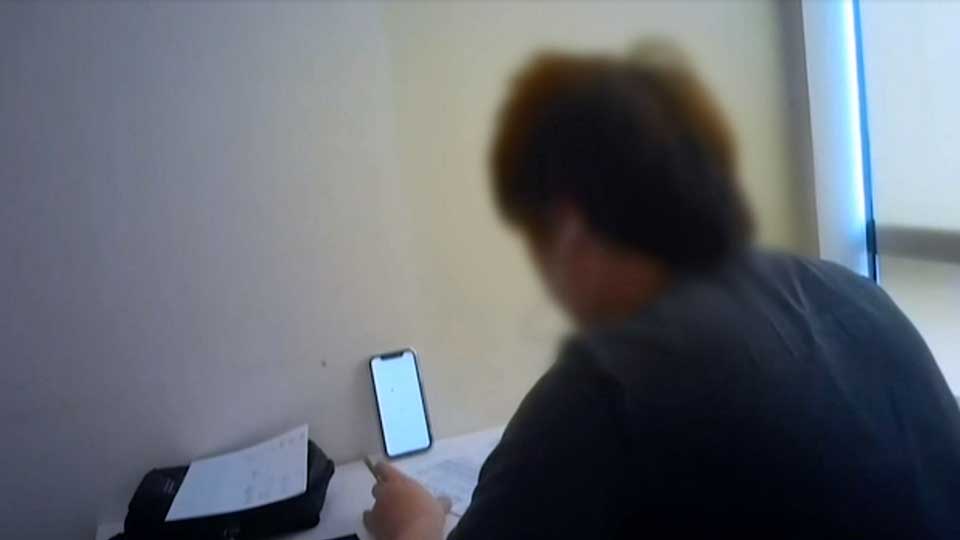
Q: Japanese police call activities like phone fraud "anonymous and fluid-type crimes." What does this mean exactly?
Morohashi: The important point of anonymous fluid-type crimes is that people who have never met and have no ties form a criminal team and commit crimes by sharing roles.
At the top of the pyramid, the people know each other. Rather than one person, there are about three people at the top. When they hit upon an idea for a crime, they gather people to form a top group. Then they use social media to gather lower-level members who are at the highest risk of being caught by the police.
They often come together and then split up again. It doesn't mean they are members of a team. A group will be formed according to each mission. After the mission is over, the members will leave and maybe join others in a different activity.
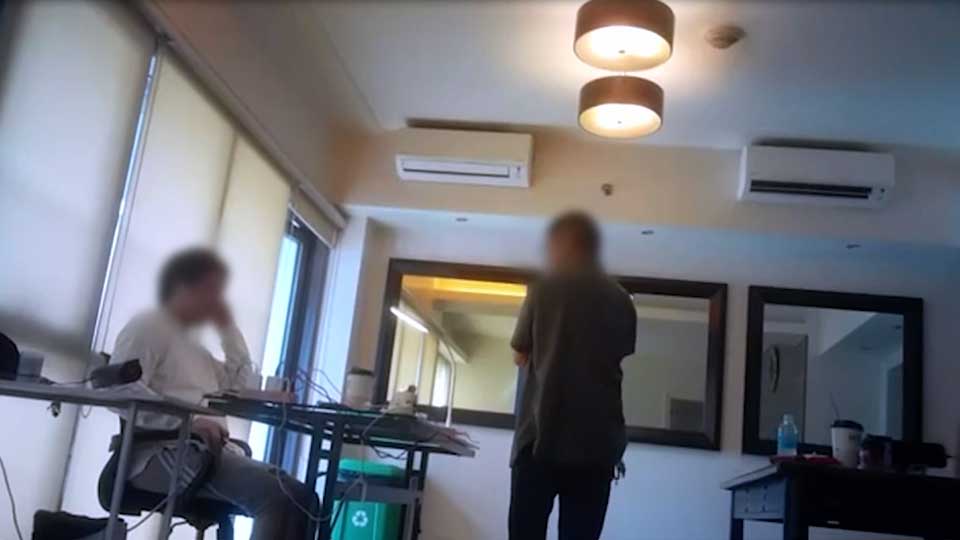
Q: How can this type of crime be prevented?
Morohashi: Investigations are becoming increasingly difficult. There is no solution. The key challenge is that it is difficult to get information on criminals because they have moved their bases overseas. In the case of the Luffy Group, Japanese police were able to get Philippine authorities to co-operate because they knew where the group was based. But it is hard to get local law enforcement to find a criminal base if you don't know where they're operating from.
What it comes down to is these criminals can make phone calls from abroad to Japan and swindle people. This is an issue that's tied up with technology – and I think problems enabled by technology should be preventable through technology. I hope that social media platforms and other online systems will come up with barriers so that they can't be exploited by crime organizations.
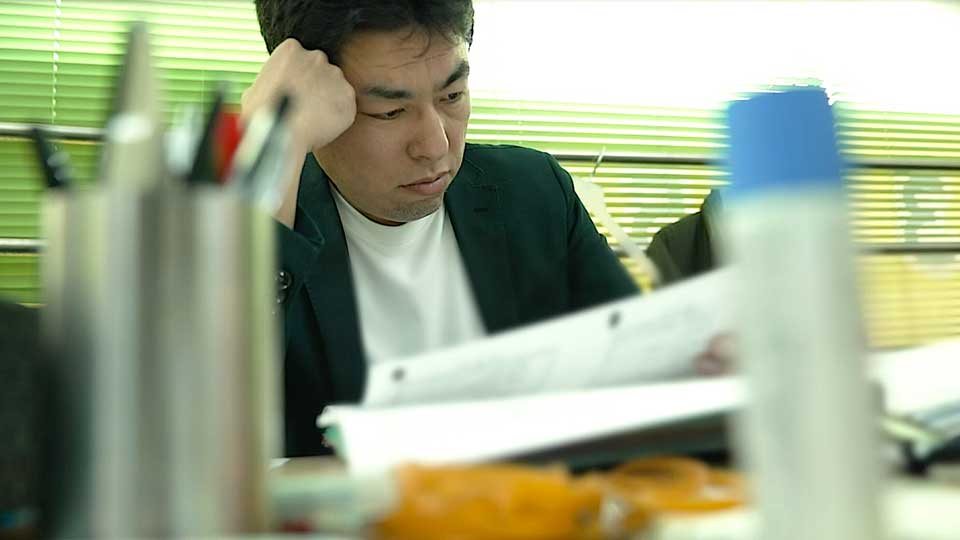
For more information about Morohashi's shift to the law, watch this video; Into the Gray: Redemption of an Ex-Yakuza
https://www3.nhk.or.jp/nhkworld/en/shows/3025024/
